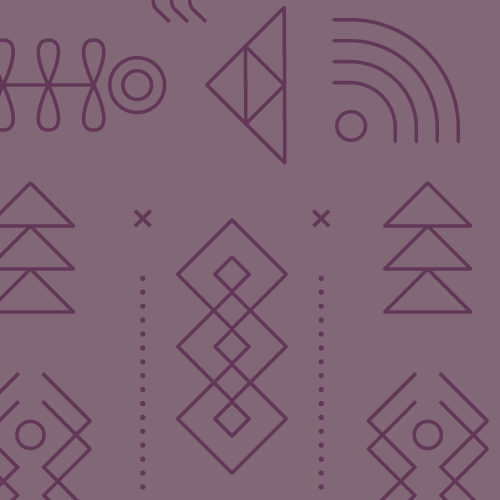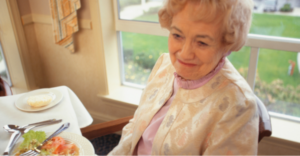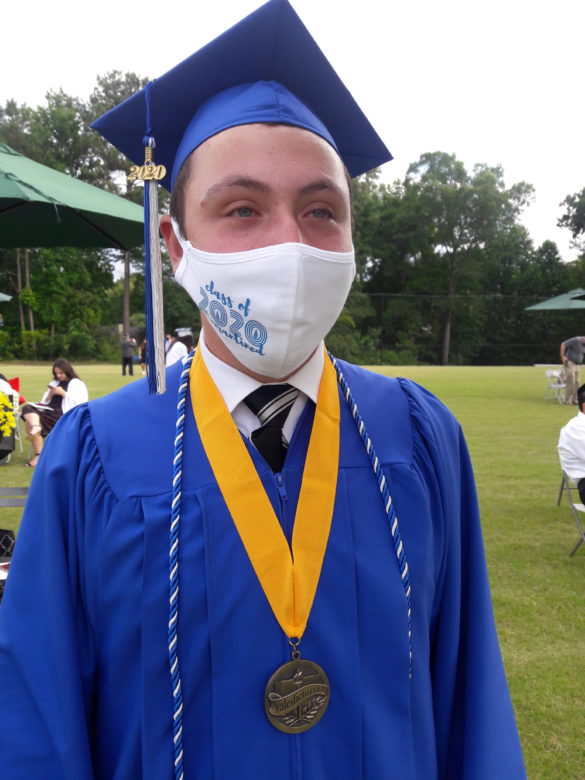
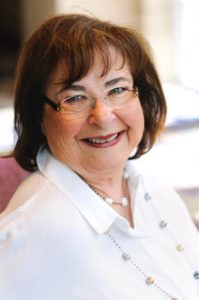 Anyone Can Be a Philanthropic Champion
Anyone Can Be a Philanthropic Champion
By Etta Raye Hirsch
One of the best things that has happened in Jewish Atlanta is the consolidation of resources that make life better for older adults. Finally, with AgeWell Atlanta, we’ve pulled together all the supportive programs of Jewish Family & Career Services, the care of Jewish HomeLife, and the social opportunities of the MJCCA, into one entity. It took guidance from Federation to spearhead the effort, but the result is a much-needed coordination of services that makes me really proud!
With the pandemic, our older population is struggling as never before. If you don’t make it easy for people to find the help they need, they give up. Now through AgeWell Atlanta, if you’re a caregiver or an older adult needing help, you just dial one number, 1-866-AGEWELL, and you can speak to a real live person who can guide you to the right resources. It’s just what our community needs now.
For me, philanthropy is both a habit and a family imperative. Our family foundation is something my grown children are involved with as decision-makers, and something my grandkids are becoming well aware of. If you want to know how to leave your necklace to a family member, your attorney or financial advisor can set that up. But if you want to truly be a change agent, become an investor in the things you really care about. You can be a philanthropist at any level!
I give to a wide range of nonprofits in our region, yet I rely on experts to advise me on my gifts. In truth, Atlanta Jewish Foundation (AJF) has educated me about opportunities I didn’t even know existed. I’m almost embarrassed to mention this, but I was “old” before I even knew what a donor-advised fund (DAF) was! Now I use my DAF as a tool for making grants and I want everyone to know about them. We have to say to folks, “Let’s make philanthropy easy for you.”
Atlanta Jewish Foundation makes it simple to support AgeWell Atlanta, and other older adult supportive programs, through your donor-advised fund. The Foundation can also guide you on how you can make long-term “legacy” commitments through the Jewish Future Pledge and the LIFE & LEGACY program. Both are vehicles to build up endowment reserves in our synagogues, schools, and organizations, to sustain their future. I’m on board!
There are many ways you can donate, but why not do it through AJF? I can make grants online, or just call the Foundation and say, “Here’s where I want my gift to go, and they take care of it. They have the right people with the right skills and relationships to connect the dots and really amp up your impact.
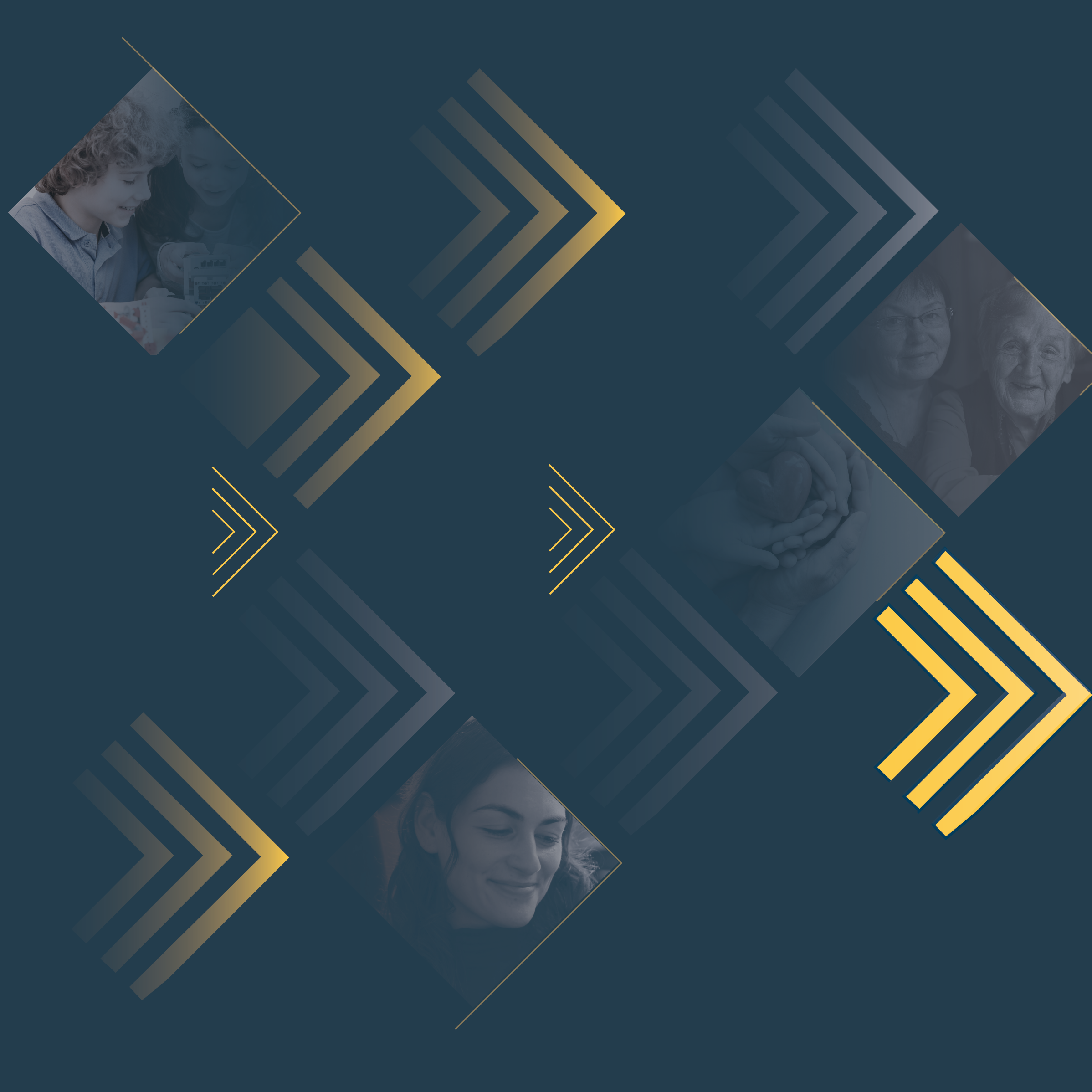

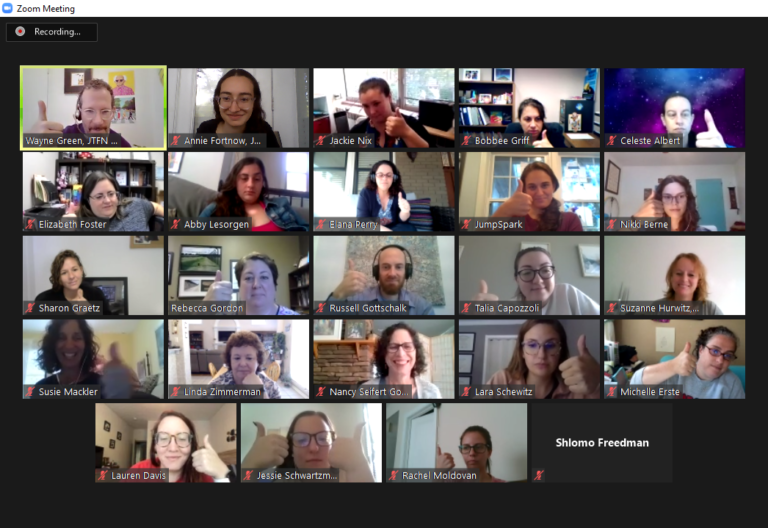


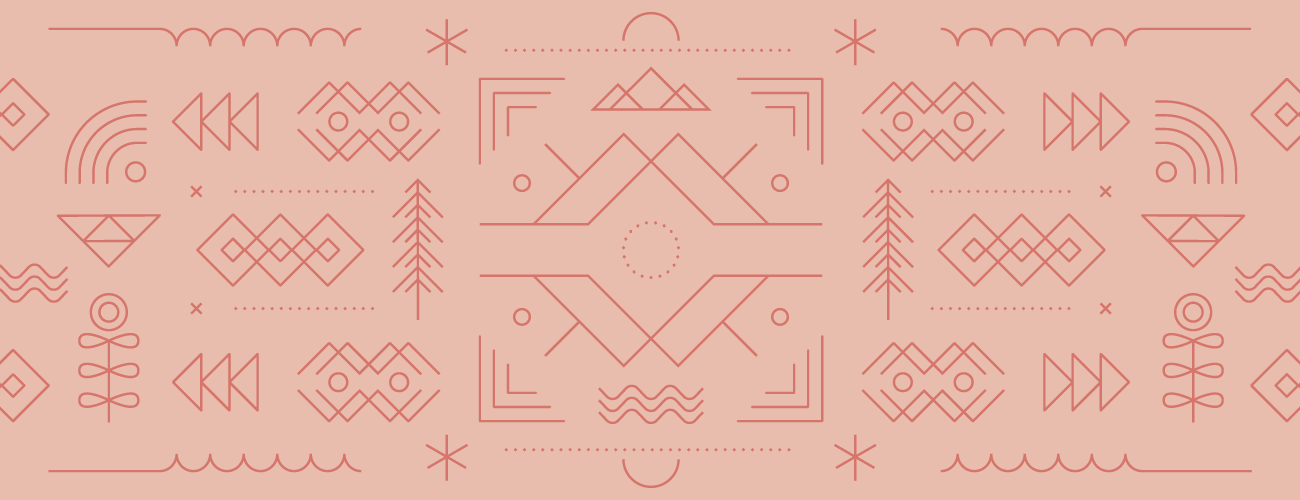
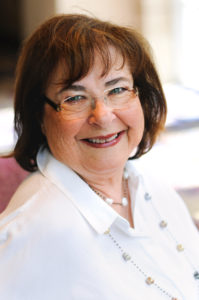 Be a Champion for Older Adults!
Be a Champion for Older Adults!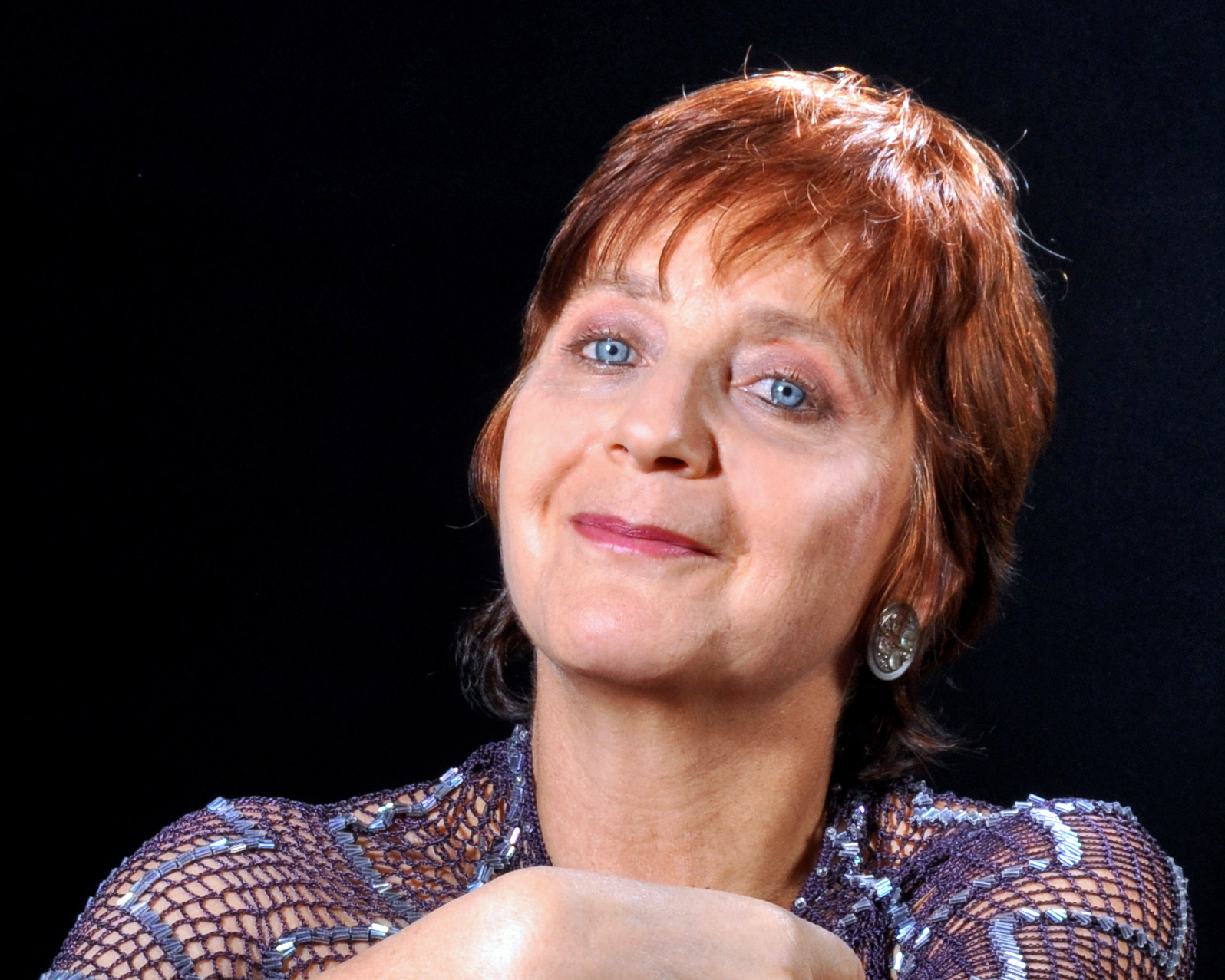
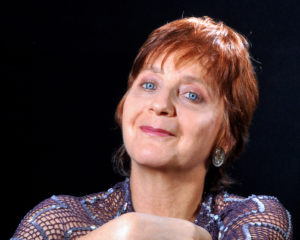
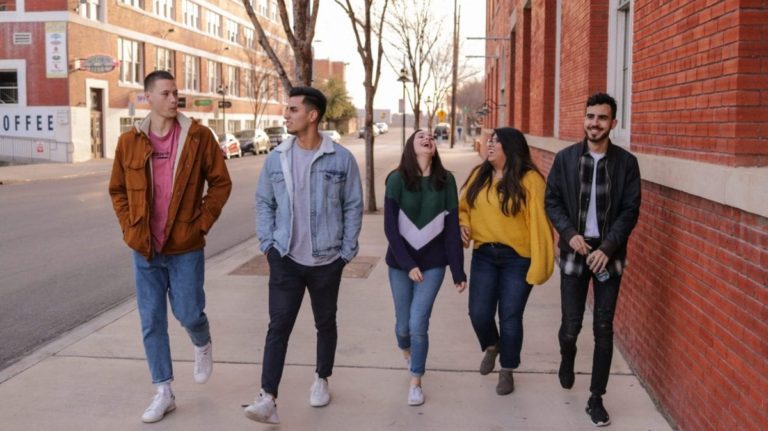
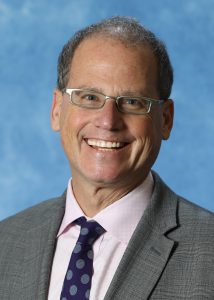
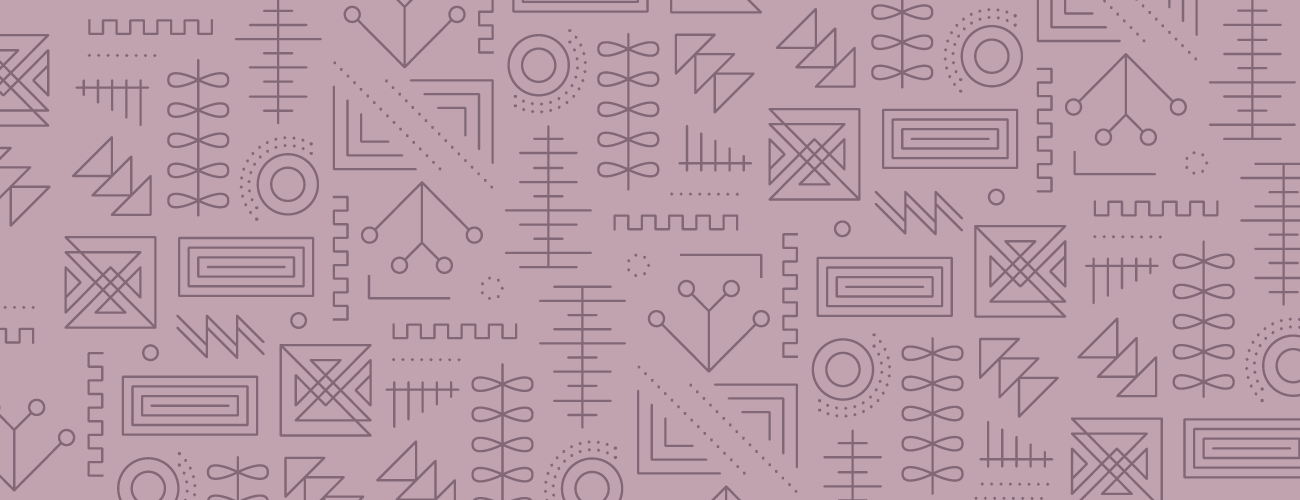
 Following a highly successful summer of service, Atlanta’s Serve the Moment program has now mobilized a fall cohort of young adults to address the COVID-19 crisis, its economic fallout, and the movement for racial justice here in Atlanta.
Following a highly successful summer of service, Atlanta’s Serve the Moment program has now mobilized a fall cohort of young adults to address the COVID-19 crisis, its economic fallout, and the movement for racial justice here in Atlanta.